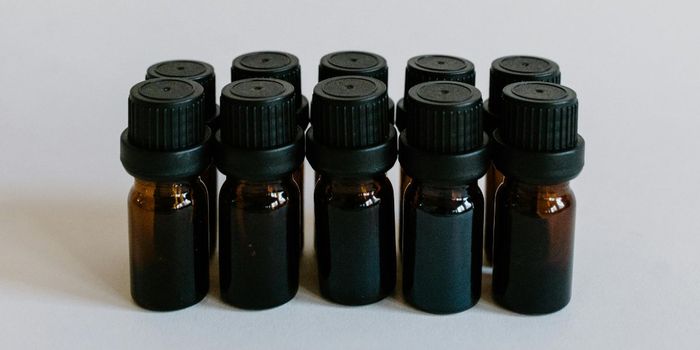Japanese Berry Vine Could Treat Lung Cancer
A berry-producing vine in Japan has shown promise in mouse models for treating lung cancer. The corresponding study was published in Food and Chemical Toxicology by researchers at Okayama University in Japan.
Lung cancer is the most fatal form of cancer, and the second most common cancer in both men and women. It is most frequently diagnosed among people aged 65 or older, with the average age of diagnosis being around 70 years old.
Smoking tobacco is usually the main reason behind smoking-related lung cancer due to the action of chemicals like 4-methylnitrosamino-1-3-pyridyl-1 butanone (NNK).
A chemical known as 2,6-dimethoxy-1,4-benzoquinone (DBQ) in berry-producing vine Vitis coignetiae Pulliat, also known as yamabudo in Japan, has been shown to be protective against skin cancer. Researchers thus decided to investigate its effects against lung cancer.
To do so, they first administered mice with NNK to establish lung cancer models. After 30 weeks of consuming yamabudo juice containing DBQ, lung cancer tumors in the mice greatly reduced in size.
To observe how this happened, the researchers administered DBQ to human lung cancer cells exposed to MNNG, a chemical that artificially induces DNA methylation- chemical changes that regulate genetic function- similarly to NNK. In doing so, they found that DBQ lowered levels of DNA methylation.
DNA methylation induced by NNK also plays a role in mutating DNA and making it more susceptible to damage. The researchers further found that DBQ significantly reduced NNK-induced mutations.
“These results suggest that both initiation and growth/progression steps in carcinogenesis, especially anti-oxidant effects, stimulation of repair of alkyl DNA adducts and suppressed growth signaling pathways are potential anti-tumorigenic targets of yamabudo juice and DBQ in NNK-induced lung tumorigenesis,” wrote the researchers in their paper.
Further research is needed to establish whether similar effects may be seen in humans too.
Sources: Food and Chemical Toxicology, Cancer.org, Okayama University









